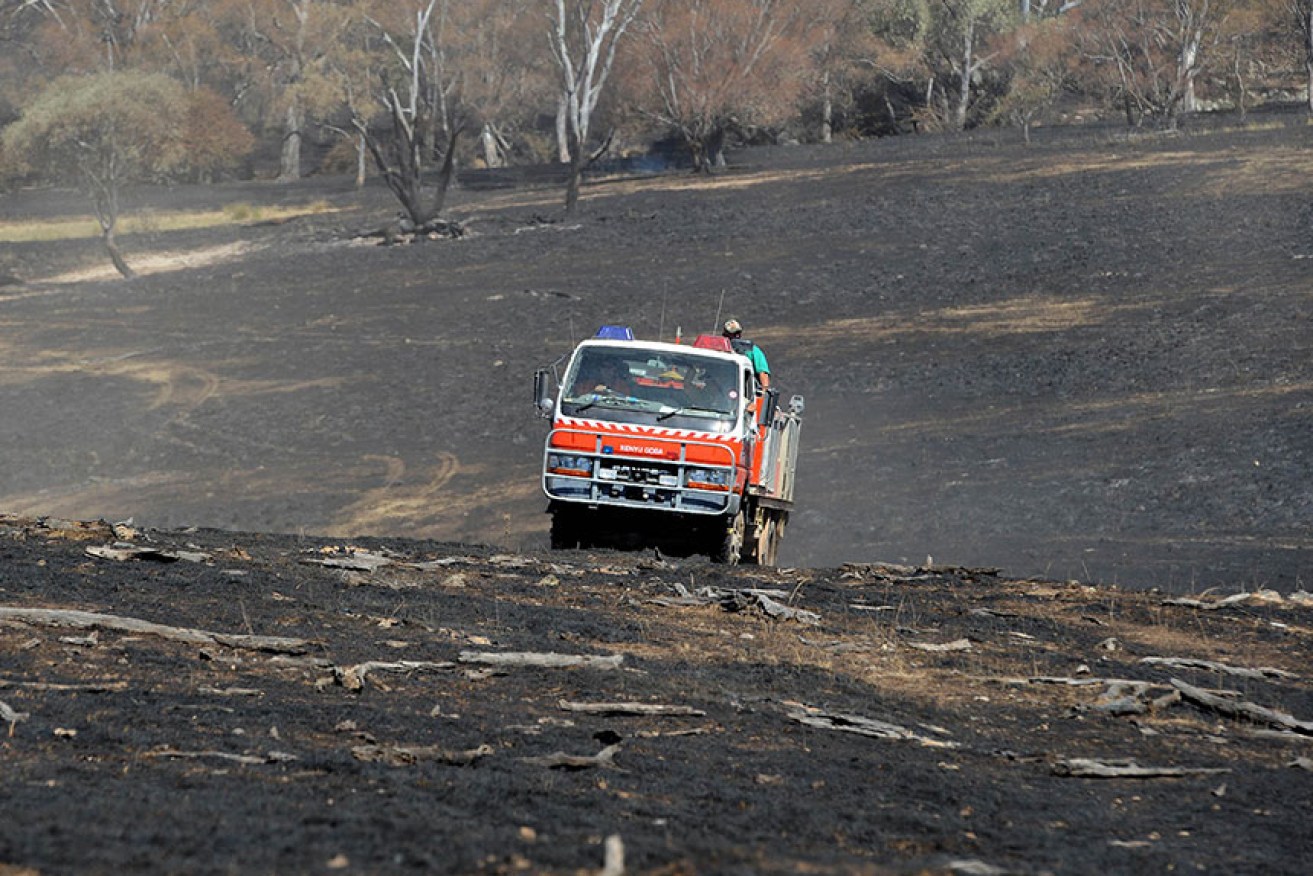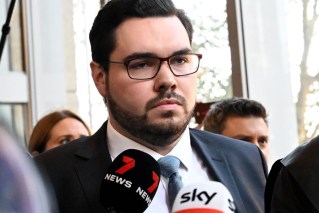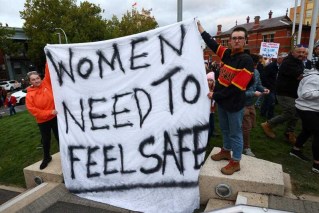PM cool as climate debate flares: Paul Bongiorno


AAP
Climate change simply won’t go away no matter how much the prime minister ignores it.
On Sunday Tony Abbott put out a statement on the importance and agenda of the G20 summit in Brisbane in two weeks’ time. Climate change didn’t rate a mention despite the urgings of US President Barack Obama for it to be included.
Labor’s former Treasurer Wayne Swan, who attended the last five summits of the world’s 20 biggest economies, says this is the first one not to include climate change on the core agenda. In a recent speech to the Lowy Institute he said: “In the corridors of Washington, Berlin and elsewhere, there is genuine dismay about the lack of attention to climate change in the G20 agenda.”
• Double standards dressed up as statesmanship – that’s politics
• Why Gough Whitlam’s good works will live on beyond him
• Seven ways Whitlam changed Australia forever
That dismay can only have deepened in light of the United Nations’ report from the International Panel on Climate Change (IPCC).
Far from concluding that “coal is good for humanity” as the prime minister boldly claimed at the recent opening of a Queensland mine, the consensus of the world’s scientists finds it is threatening the very existence of the human race. It says the world must stop almost all greenhouse gas emissions through a phased elimination of fossil fuels by the end of the century to avoid the worst impacts of climate change.

Hotter planet: good for sunsets, bad for humans. Photo: AAP
On current emission trends, the world would warm by four degrees by 2100 – and keep getting warmer.
Health scientist at the Australian National University and contributor to the IPCC, Dr Elizabeth Hanna, warns: “If that happens, we won’t be here is the short answer.” Human beings simply cannot survive sustained temperatures of 50 degrees and more. We are already seeing extreme and unprecedented heat waves in Australia as a direct result of climate change.
The UN Secretary General Ban Ki-Moon is hoping the accumulation of evidence that a climate catastrophe is looming will convince world leaders, including our own, that real and meaningful targets must be set at the Paris conference next year.
“Science has spoken. There is no ambiguity in their message. Leaders must act, time is not on our side,” he says.
Australia has already slid backwards from a target of five to 20 per cent reduction in emissions by 2020 to the lower end of the band. The advice of the Climate Change Authority that it should be closer to 19 per cent just to keep up counts for nothing.
Indeed the prime minister boasted at the Business Council dinner that one of his successes is stopping “the demonisation of coal”. His government, fresh from its victories in abolishing the carbon emissions trading scheme and winning support for its piecemeal $2.55 billion Direct Action plan, clearly believes it’s under no pressure to do more.
But the politics of climate change can shift as dramatically as a sudden summer storm. It was such a hot button issue in 2007 that it forced a reluctant John Howard to promise a world-leading carbon price mechanism. Feeding into that pressure was the prolonged drought in Australia.
The independent Climate Council has just released analysis tying an increase in the risk of bushfires in South Australia to climate change. Simply put, when scientists warn of extreme weather events thanks to climate change and they happen, denying the link is facile.
Labor’s Bill Shorten is convinced the pendulum is swinging back and that the 2016 election won’t be a rerun of 2013.
Paul Bongiorno AM is a veteran of the Canberra Press Gallery, with 40 years’ experience covering Australian politics. He is Contributing Editor for Network Ten, appears on Radio National Breakfast and writes a weekly column on national affairs for The New Daily. He tweets at @PaulBongiorno








